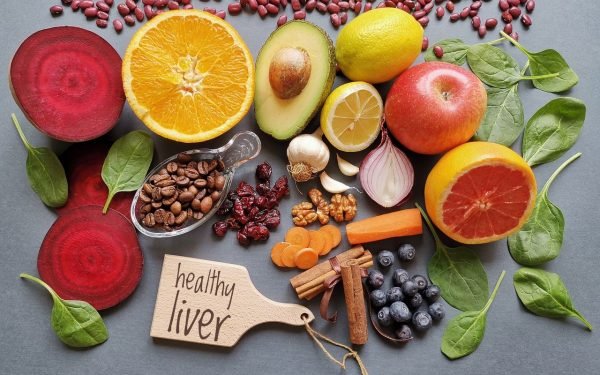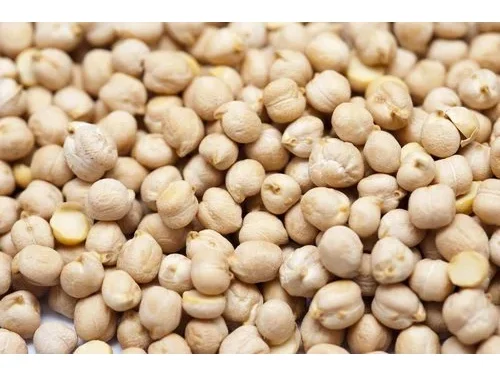12 Benefits of Eating Organic Food: Why Choosing Organic Food is The Way to Go

Organic food has gained immense popularity in recent years as people have become more health-conscious and aware of the benefits of eating organic food. Organic food refers to crops that are grown without the use of synthetic fertilizers, pesticides, and genetically modified organisms (GMOs). It also includes animal products that are raised without the use of antibiotics or growth hormones. Eating organic has many benefits for both the individual and the environment. In this blog post, we will discuss the benefits of eating organic.
Organic food is nutrient-dense
One of the biggest benefits of eating organic food is the it is rich in nutrients; Organic food is known to be more nutrient-dense than conventionally grown food. Organic crops are grown in soil that is rich in minerals, which allows the plants to absorb more nutrients. Research has shown that organic fruits and vegetables have higher levels of vitamins and minerals than conventionally grown crops. For example, one study found that organic tomatoes had higher levels of vitamin C and lycopene than conventionally grown tomatoes.
Organic food is free of harmful chemicals
Conventionally grown crops are often sprayed with synthetic pesticides and fertilizers to protect them from pests and boost their growth. However, these chemicals can have harmful effects on both the environment and human health. Pesticides have been linked to various health problems, including cancer, reproductive problems, and neurological disorders. Another benefit of eating organic food is you can reduce your exposure to these harmful chemicals and protect your health.
Organic food is better for the environment
Organic farming practices are better for the environment than conventional farming practices. Organic farmers use natural methods to control pests and weeds, such as crop rotation, companion planting, and natural predators. This reduces the need for synthetic pesticides and fertilizers, which can pollute the soil and waterways. Organic farming also helps to promote biodiversity by providing habitats for birds, insects, and other wildlife. So one of the many benefits of eating organic food is you can help in making the environment better.
Organic food is GMO-free
Genetically modified organisms (GMOs) are crops that have had their DNA modified in a laboratory to produce specific traits, such as resistance to pests or herbicides. While GMOs have been touted as a solution to world hunger, their long-term effects on human health and the environment are not yet fully understood. By eating organic, you can avoid consuming GMOs and support a more sustainable and natural approach to food production.
Organic meat and dairy products are healthier
In addition to organic fruits and vegetables, you can also find organic meat and dairy products. These products come from animals that are raised without antibiotics or growth hormones. Antibiotics are often used in conventional animal agriculture to prevent disease and promote growth, but this overuse has led to the development of antibiotic-resistant bacteria that can be harmful to humans. By choosing organic meat and dairy products, you can reduce your exposure to antibiotics and support more humane and sustainable farming practices.
Organic food tastes better
Many people report that organic food tastes better than conventionally grown food. This is likely due to the fact that organic crops are grown in healthier soil and without the use of synthetic chemicals. This allows the plants to develop their full flavor and nutrient profile. Additionally, organic farming practices often focus on preserving the natural flavors and textures of food, rather than using artificial flavorings or preservatives.
Organic food is more sustainable
Organic farming practices are more sustainable than conventional farming practices. By using natural methods to control pests and fertilize crops, organic farmers reduce their reliance on fossil fuels and synthetic chemicals. This helps to reduce greenhouse gas emissions and protect the environment. Additionally, organic farming practices are often more labor-intensive, which provides more job opportunities in rural areas and supports local economies.
Organic food supports small farmers
Choosing organic food also supports small farmers who often struggle to compete with large agribusinesses. Organic farming requires more labor and attention to detail, making it difficult for small farmers to scale up their operations. By supporting small farmers who use sustainable farming practices, we can help to create a more equitable and sustainable food system.
Organic food can reduce the risk of pesticide exposure
Pesticides are chemicals that are used to kill pests and insects that can damage crops. Unfortunately, these chemicals can also have harmful effects on human health, such as increasing the risk of cancer, neurological disorders, and reproductive problems. By choosing organic food, you can reduce your exposure to pesticides and protect your health.
Organic food can improve soil health
Organic farming practices focus on building healthy soil by using natural fertilizers, crop rotation, and other techniques. Healthy soil is important for plant growth and can also help to sequester carbon from the atmosphere, reducing the effects of climate change. So here comes another benefit of eating organic food, you can support farming practices that promote soil health and help to mitigate the effects of climate change.
Organic food can reduce the carbon footprint of agriculture
Conventional agriculture is a significant source of greenhouse gas emissions, contributing to climate change. Organic farming practices, on the other hand, can reduce the carbon footprint of agriculture by using natural methods to control pests and fertilize crops. Additionally, organic farmers often use conservation tillage, which reduces soil erosion and carbon loss from the soil. By choosing organic food, you can support farming practices that help to mitigate the effects of climate change.
Organic food can improve animal welfare
Organic animal agriculture requires that animals are raised in more humane conditions than conventional animal agriculture. Organic animals must have access to outdoor space, natural feed, and be raised without the use of growth hormones or antibiotics. By choosing organic meat and dairy products, you can support more humane animal agriculture and reduce animal suffering.
Conclusion
The benefits of eating organic food products are numerous, including improved nutrient density, reduced exposure to harmful chemicals, and support for a more sustainable and equitable food system. By choosing organic food, we can make a positive impact on our health, the environment, and our communities.






